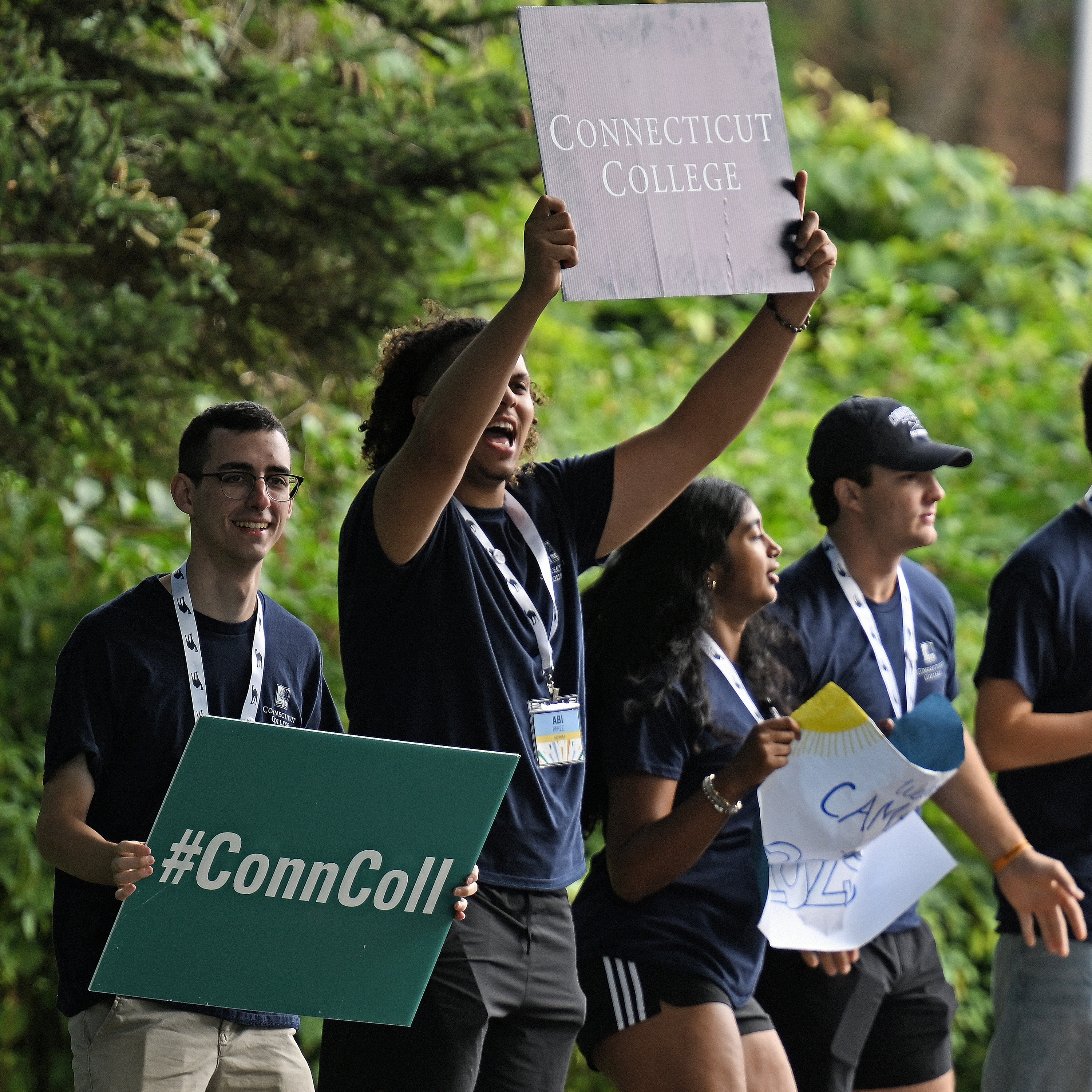
Biology Professor Mays Imad awarded grant to explore more holistic approaches to equity and social justice in STEM education
Assistant Professor of Biology Dr. Imad Mays Imad has been awarded a $55,000 grant from the Howard Hughes Medical Institute (HHMI) to explore more critical and holistic ways to address the effects of the systematic exclusion of Black, Hispanic and Indigenous students from STEM education.
Imad will lead a team of 10 educators, students and leaders who will closely investigate the concept of reparative humanism and what it means to repair the aftermath of historical oppression and trauma; assess the variety of diversity, equity and inclusion (DEI) initiatives in STEM; and consider concrete steps teachers, departments, institutions, organizations and foundations can take to bring reparative initiatives into STEM education.
“Attrition is high for all STEM fields, but clearly highest for members of historically excluded students. While there have been many legislative and institutional diversity, equity and inclusion initiatives, such initiatives have fallen short of making sustainable and substantial changes in the number of graduating students with STEM degrees. We will consider how we might elevate DEI initiatives from interventions that address ‘deficits’ and symptoms to reparative and restorative ones that address the consequences of systemic exclusions,” said Imad, a senior fellow for the American Association of Colleges & Universities (AAC&U) Office of Undergraduate STEM Education.
“What does it mean to stop trying to ‘fix’ or ‘patch’ gaps or disparities and rather turn to history and understand the ripple effect of a system of exclusion, including its effect on trust, on community and on wellbeing? What new holistic and systematic approaches must we consider?”
The team for the project, “Beyond Equity & Inclusion to Wellbeing & Empowerment: Addressing the Effects of Systematic Exclusion in STEM,” will represent a broad range of professional expertise, including in counseling, teaching, research, community advocacy, mid- and high-level administration, and policy work. Over the course of the grant, HHMI will host several meetings of Imad and her team on their campus outside of Washington, D.C. The grant will also support two Connecticut College summer science research students.
At Conn, Imad teaches physiology, a First-Year Seminar on the social determinants of health and disease, and general biology, among other courses. Her current research focuses on stress, learning, biofeedback and emotional regulation.
The Howard Hughes Medical Institute is a nonprofit research and philanthropic organization dedicated to advancing the discovery and sharing of scientific knowledge.

